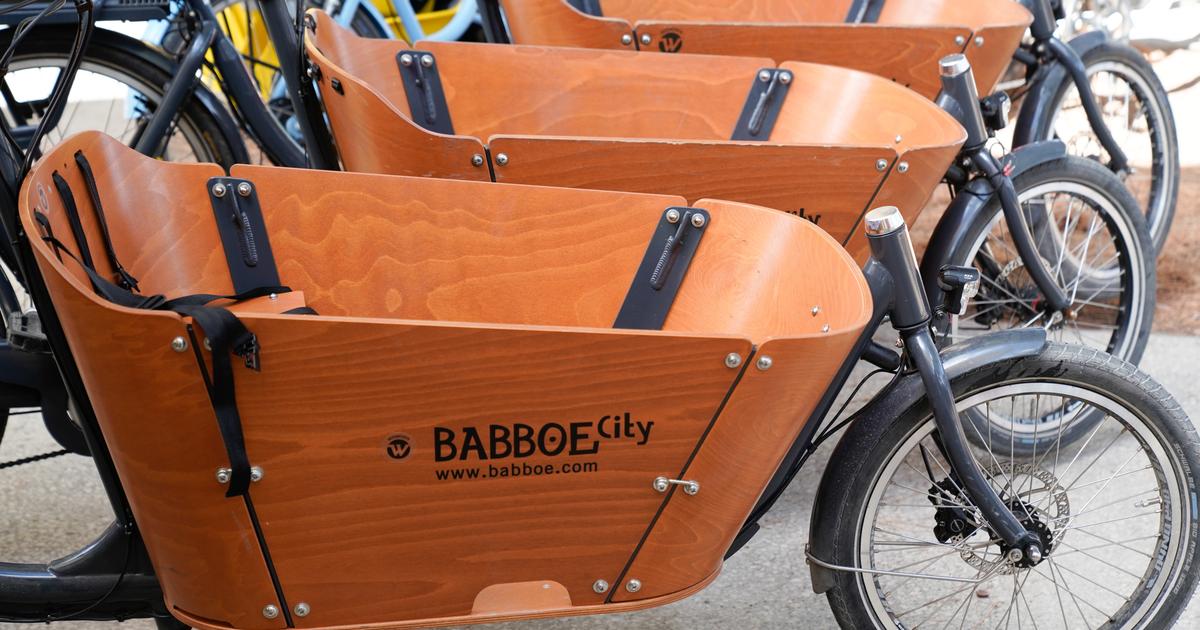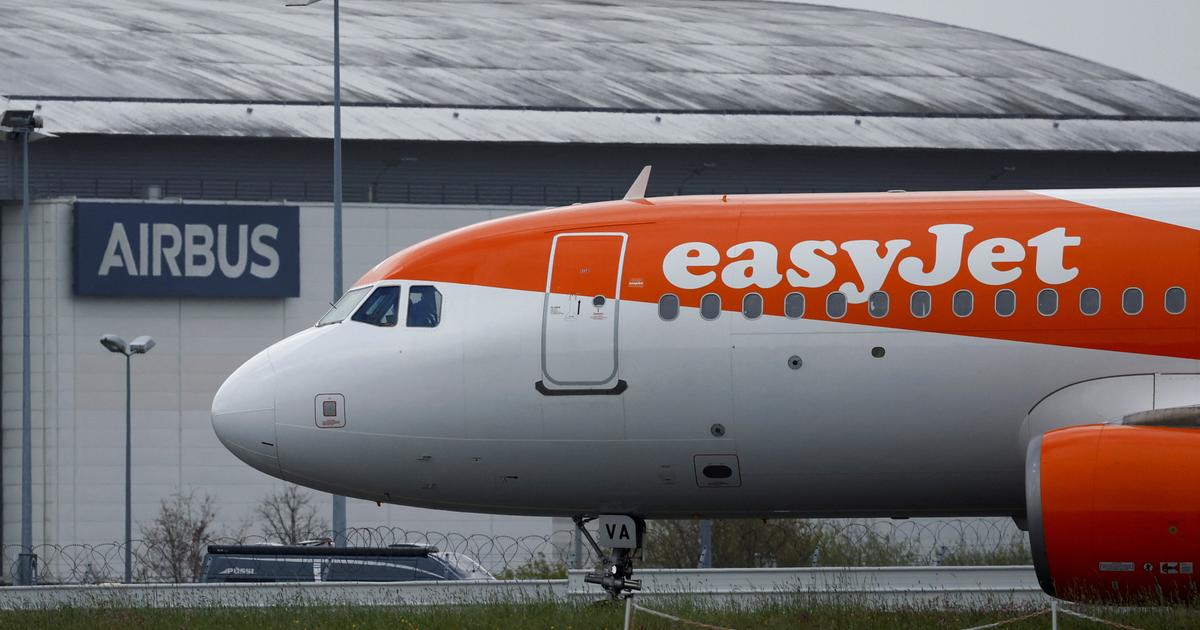AreaRead the video transcript expand here
"Who else wants saved lettuce?"
7 a.m. on a frosty morning in Berlin – a group of volunteer food rescuers get to work at the wholesale market.
Katharina Mölter, Foodsharing Berlin
'Yes, the packaging is perfect. The outer leaf might be a bit rotten here, but if you take off a layer there, it's still perfect. How do we want to do it? Just divide cardboard? Yes, the two or three sheets, our customers can also get used to it. We're also trying to get people to appreciate the food more and that they accept something like that, maybe you remove a leaf, but then 90 percent of the vegetables are still good.«
Katharina Mölter and the seven other volunteers from the Foodsharing organization collect edible food before it is thrown away.
So they start the rescue in front of the so-called containers, in which food is fished out of supermarket garbage cans.
The appraisal and sorting is time-consuming, but usually worth it.
Katharina Mölter, Foodsharing Berlin
»That's the typical thing: in a pack of four you have one rotten apple, but three good ones. Would just be thrown away now, especially here, but also in supermarkets, because it's just no longer the usual pack, and they somehow don't sell individual apples."
The problem is huge.
An estimated eleven million tons of food end up in the trash in Germany every year.
Some, like the environmental organization WWF, even speak of 18 million tons.
By far the greatest waste, almost two thirds of it, occurs in private households – around 75 kilograms per capita and year.
Around 25 percent of wasted food occurs in production, processing and retail – it is therefore thrown away before it even reaches the consumer.
Two and a half years ago, this waste caused Katharina Mölter to look for solutions – the programmer is now at the wholesale market six mornings a week, on a voluntary basis.
But even if Foodsharing now has an official cooperation with the market operator - not all retailers can or want to support the rescuers.
Katharina Mölter, Foodsharing Berlin
»Many, especially the large corporations, are a bit concerned about liability issues when they give us food. We're moving in a bit of a gray area here. There is no security for them, and that is why they sometimes prefer to throw it away before giving it to us, fearing liability in case of doubt.«
Alexander Piutti is still at the beginning with his idea against waste: saving food is his business model.
Piutti's company SPRK has built a digital trading platform for surplus groceries - a kind of dating app for goods that are still waiting for the right match.
In the start-up’s Berlin warehouse, for example, products are about to reach their best-before date or fruit and vegetables that do not meet the trade norm – such as these with small potatoes that a farmer wants to sell via the platform.
Alexander Piutti, founder of SPRK
'The farmer can't get it on the market like that and so to speak, he's walking over us. And we give it to the processing industry or company caterers. And so we then also return the proceeds to the producer.«
For example, a potato that is too small could be mashed in a canteen – the producer then does not have to pay any disposal costs, the buyer receives the goods at a reduced price, and SPRK earns a share of the transaction.
SPRK looks for such "matches" with the help of artificial intelligence, which ideally discovers recurring patterns in the market data and recognizes overproduction at an early stage.
Surpluses occur, for example, with farmers, in production, in wholesale and retail.
The software searches for potential buyers in canteen kitchens, food producers, organizations such as the Tafel and in the catering trade.
Alexander Piutti and his company currently broker around 250 tons of excess goods per month.
A drop in the bucket when faced with millions of tons of wasted food.
But Piutti is betting that an optimized digital secondary market for groceries will eventually eliminate the problem of waste.
Alexander Piutti, founder of SPRK
»That is our actual goal, so on the one hand distribution, of course, avoiding food waste. But secondly, and it doesn't have to take that long, a few years, efficiency in the supply chain, which isn't there at the moment and which leads to problems like this. Well, if that's efficient, then there's production and consumption, and there's not much of a difference anymore. There is no more overproduction.«
The reality is quite different - the volunteer food rescuers could save and distribute far more food from destruction every day.
But there is a lack of time and transport options.
Nevertheless, there is enough for the 20 to 30 people who come to Katharina Mölter's distribution center in the Berlin district of Moabit every day.
Gabi, pensioner
»My pension is small and with the increased fruit and vegetable prices this is ideal. That you can still eat healthily without only having to watch out for money.«
Elias Schmidt, student
“Now if it's smaller quantities, just for my household, but in larger quantities for the student dorm right around the corner. We have a WhatsApp group there, where the groceries are then distributed in the house, through the hallway or something similar. And also that it is well received that many people access it.«
Katharina Mölter reaches more than a thousand people in her messenger groups when she brings a load of rescued food to her neighborhood.
She has now convinced many of them of the idea of food sharing.
After a short training everyone can take part in the organization.
For Katharina Mölter, passing on the saved groceries is the motivation to be back at the wholesale market at seven the next morning.
Katharina Mölter, Foodsharing Berlin
“We don't differentiate whether someone is in need or not. With us everyone is equal, and everyone who can use the food and appreciate it. That's a drop in the ocean. But we started. And at least we're moving something. It's a start."









/cloudfront-eu-central-1.images.arcpublishing.com/prisa/DIAGMBIFCBFTJADD5SB7GXXY2A.jpg)


